Muslim family, community share their love
By Gillian King | Charles City
Intolerance is un-American.
We, as citizens of the United States of America, represent freedom and unity in common efforts for the common good. However, somehow, intolerance has become prevalent in our society. Whether it is how we pronounce a word or our personal views — we are always judging our differences. It’s in high school hallways, in the media, and in politics. Dealing with constant bigotry has become a way of life for some of the people of our Nation, especially Muslims. This has to stop.
In the spring of 2016, I earned a competitive, merit-based scholarship to learn Arabic in Morocco through a program called the National Security Language Initiative for Youth (NSLI-Y). The program is funded by the U.S State Department and was created by the Bush Administration in 2006 for the purpose of improving the ability of young citizens to engage with people from around the world. Not only does it improve the languages skills of the students involved, but it also assists in positively shaping their world view. To me, this is an example of a positive way to prevent intolerance from spreading in America.
On June 16, I landed in Washington, D.C for a week of NSLI-Y orientation. In an ordinary conference room, in an ordinary hotel, I met some of the most extraordinary people. During the first few days, we talked, we bonded, we celebrated our differences — and that was just the beginning.
Following orientation, I flew with the other students to Morocco. This included a sleepless flight to Lisbon, a night in Casablanca, a bus ride to Marrakech, and, finally, arrival at our destination — the language school that would be practically home for the next six weeks. Immediately, we were greeted by the warmth of the intense Marrakech heat and our host families.
While my American friends were wonderful, what really made my summer special was my new Moroccan family. My family included a dad with the biggest smile, a mom with unbelievable kindness, the silliest brother, and a sister who never felt that much different from me. They gave me a tour of their home — now my home too. I did have my own room, but it was a space that would go mostly unused. You can thank countless family sleepovers in the living room for the dust bunnies on my bed.
We spent our time together exploring the medina in Marrakech, getting chased by peacocks and dogs at an uncle’s farm, watching movies on our rooftop, and eating countless home cooked meals at all hours of the day. I became a member of the family.
The biggest learning experience for me was witnessing how much Muslim families value the principle of unity. The Moroccan lifestyle is centered around the idea of collectivism, which is where the goals of a group outweigh the goals of an individual. While this may be a political theory, it’s an idea that affects all elements of culture, including the dynamic of family.
For example, my Moroccan family demonstrated this principle every day. I, a complete stranger, entered their home and was immediately accepted and loved, no matter my differences from them. They helped me improve my Arabic and were so excited about my commitment to learning the language. They cared for me like I was their own daughter and sister.
I miss them every day. But, I wasn’t alone in the kindness that I experienced with my family. The other American students also felt safe and cared for by their Moroccan families. Even when my friend experienced some unwanted male attention on her way home from school, her family protected her. In fact, the whole neighborhood, literally, came out to handle the situation, just like Chapter 4 verse 36 says in the Quran, “Serve God, and join not any partners with Him; and do good — to parents, kinsfolk, orphans, those in need, neighbors who are near, neighbors who are strangers, the companion by your side, the wayfarer (ye meet), and what your right hands possess [the slave]: For God loveth not the arrogant, the vainglorious.”
That kind of kinship was not uncommon and never went unnoticed.
That’s why it makes me furious when Donald Trump, the GOP candidate for the 2016 presidential election — an honorable title, given to a very unworthy man, discusses Muslims. Not the very small percentage of Muslims that have become radical extremists, but Muslims in general. The hateful rhetoric that Trump spews does not match the love that I felt from countless Muslim families while in a Muslim country.
I find it hard to believe Trump has ever spent time in a Muslim country, much less held a conversation with one because, if he had, he wouldn’t be calling for a “complete and total shut down” of Muslims entering the United States. He would understand that the country he loves so much was created with tolerance, grown by immigrants, and founded on freedom — including religious freedom. He would understand that terrorists groups like ISIS are not representatives of Islamic faith.
There is a difference between Muslims and terrorists. Using blanket statements to describe them as a group instead of recognizing the difference has got to stop. The amount of bigotry United States citizens throw at Muslims was reason enough for my Moroccan family to be prejudiced against me, but they were not. They accepted me. They loved me. In fact, never once did I encounter intolerance while in Morocco. The people of Morocco recognize the difference between tolerant and intolerant Americans. Our Nation could take a page out of their book.
Gillian King is a junior at Charles City High School. She is a resident of Charles City.

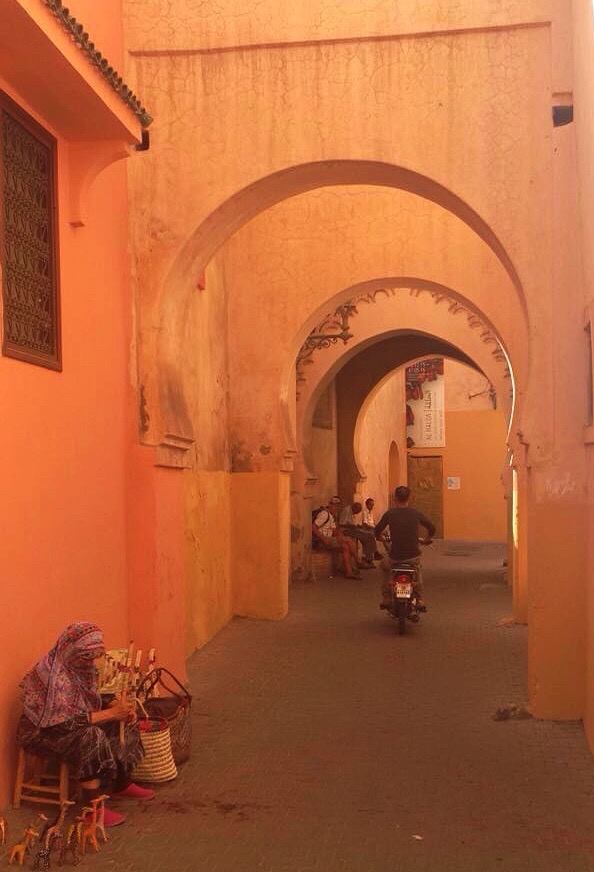
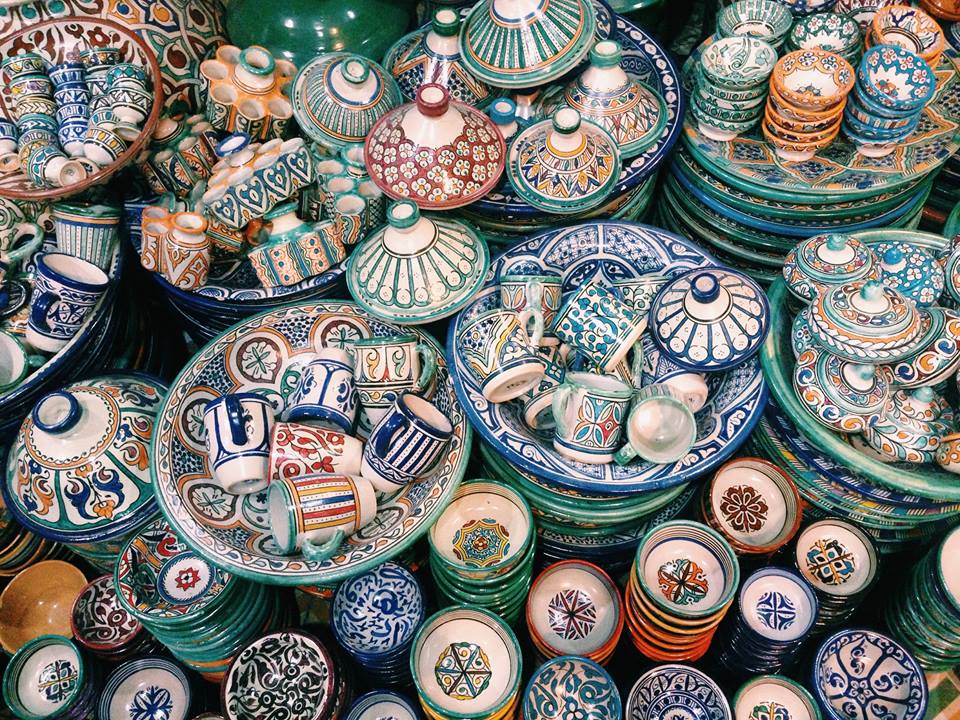
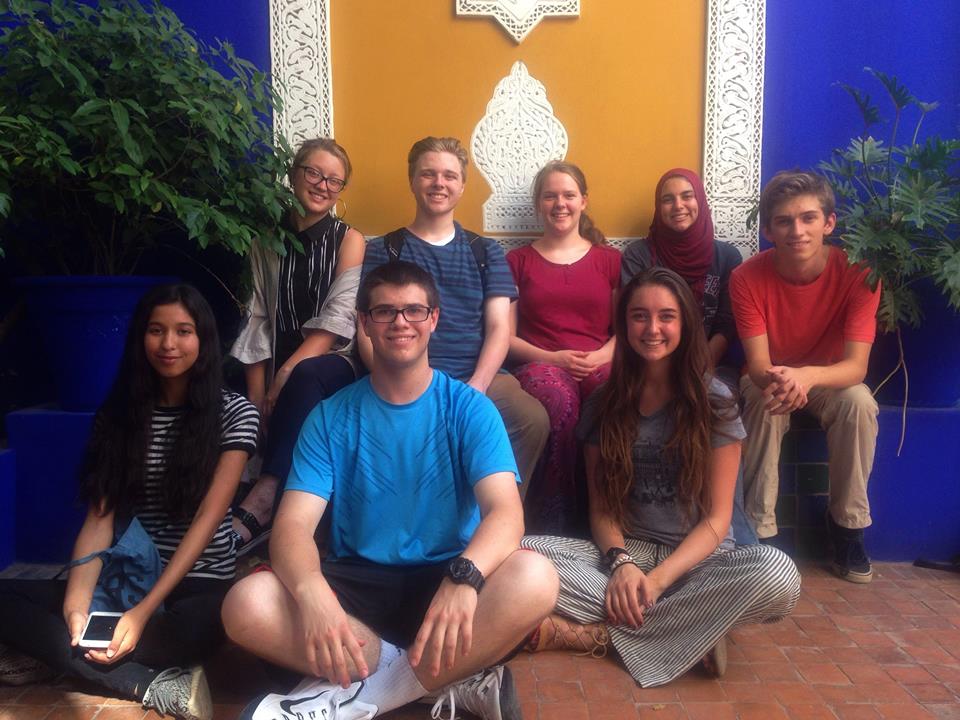
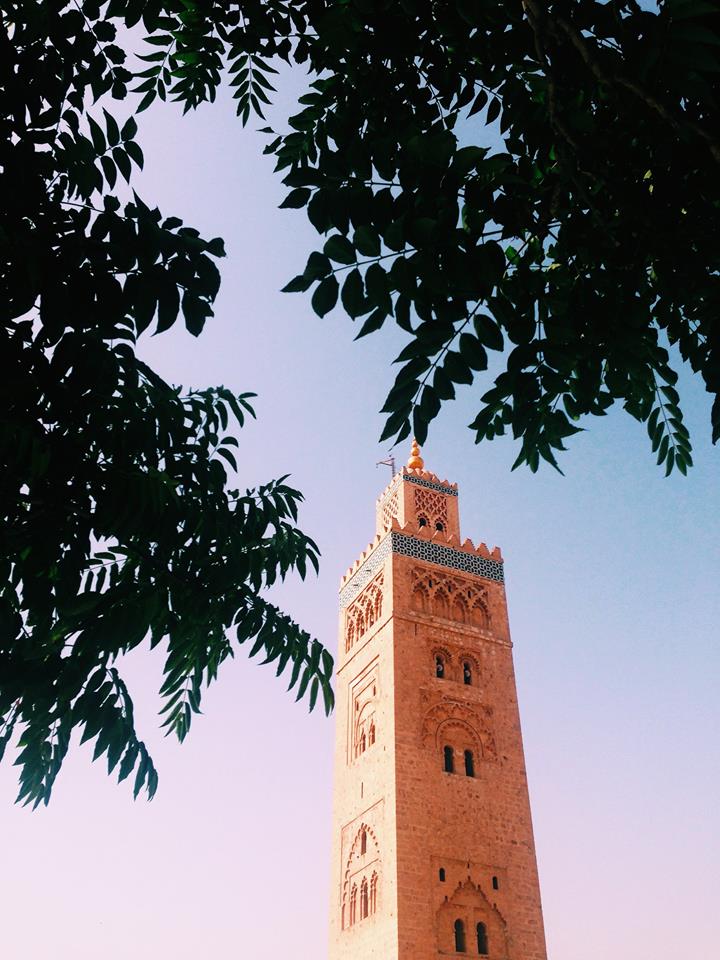
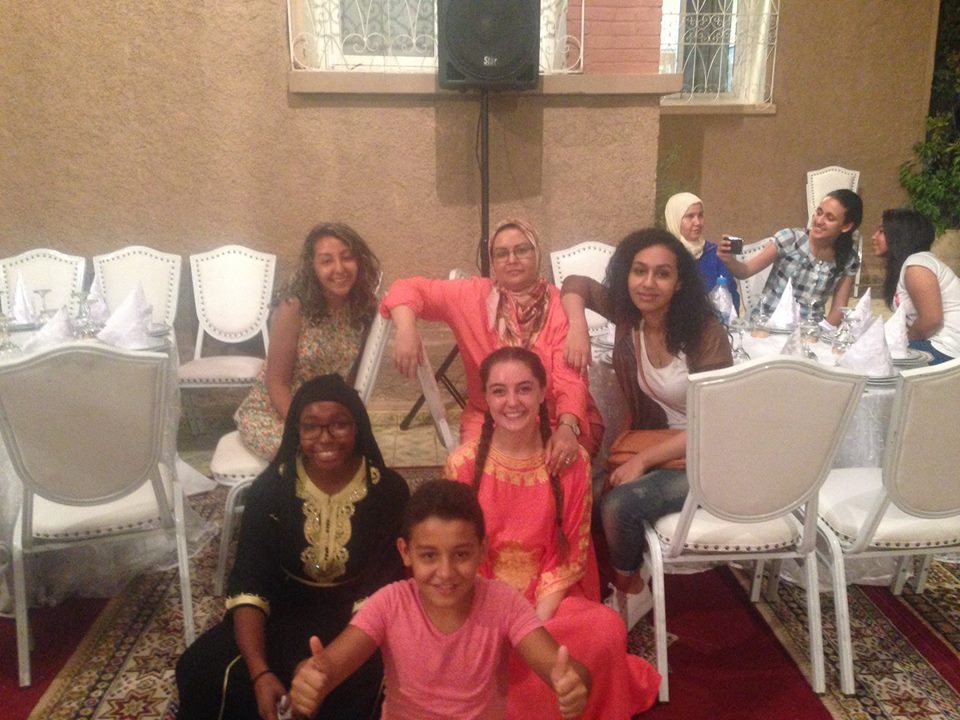
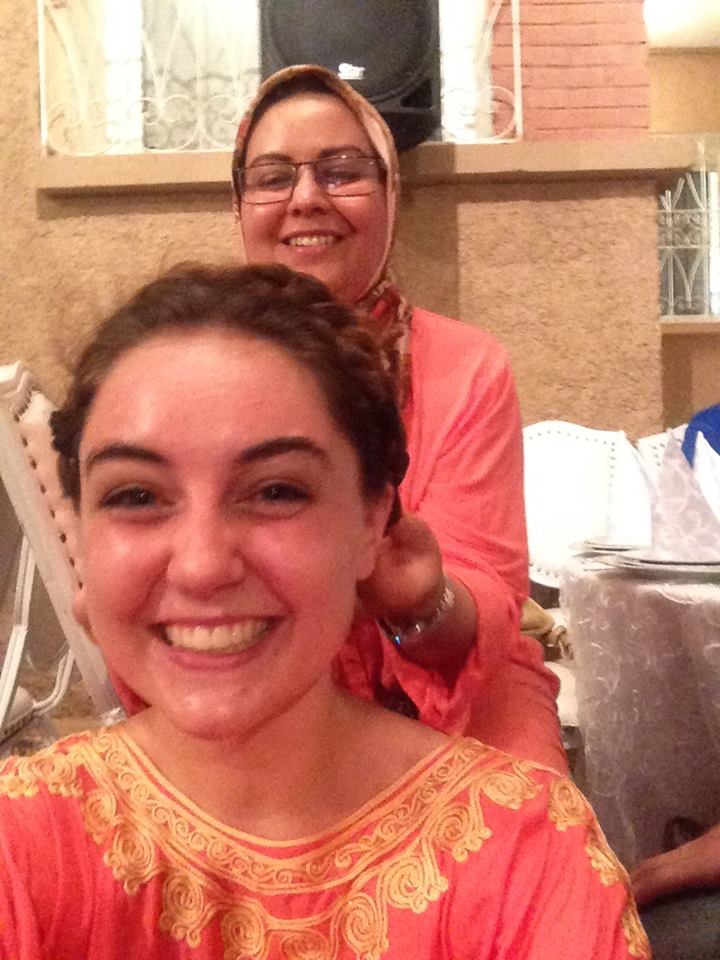
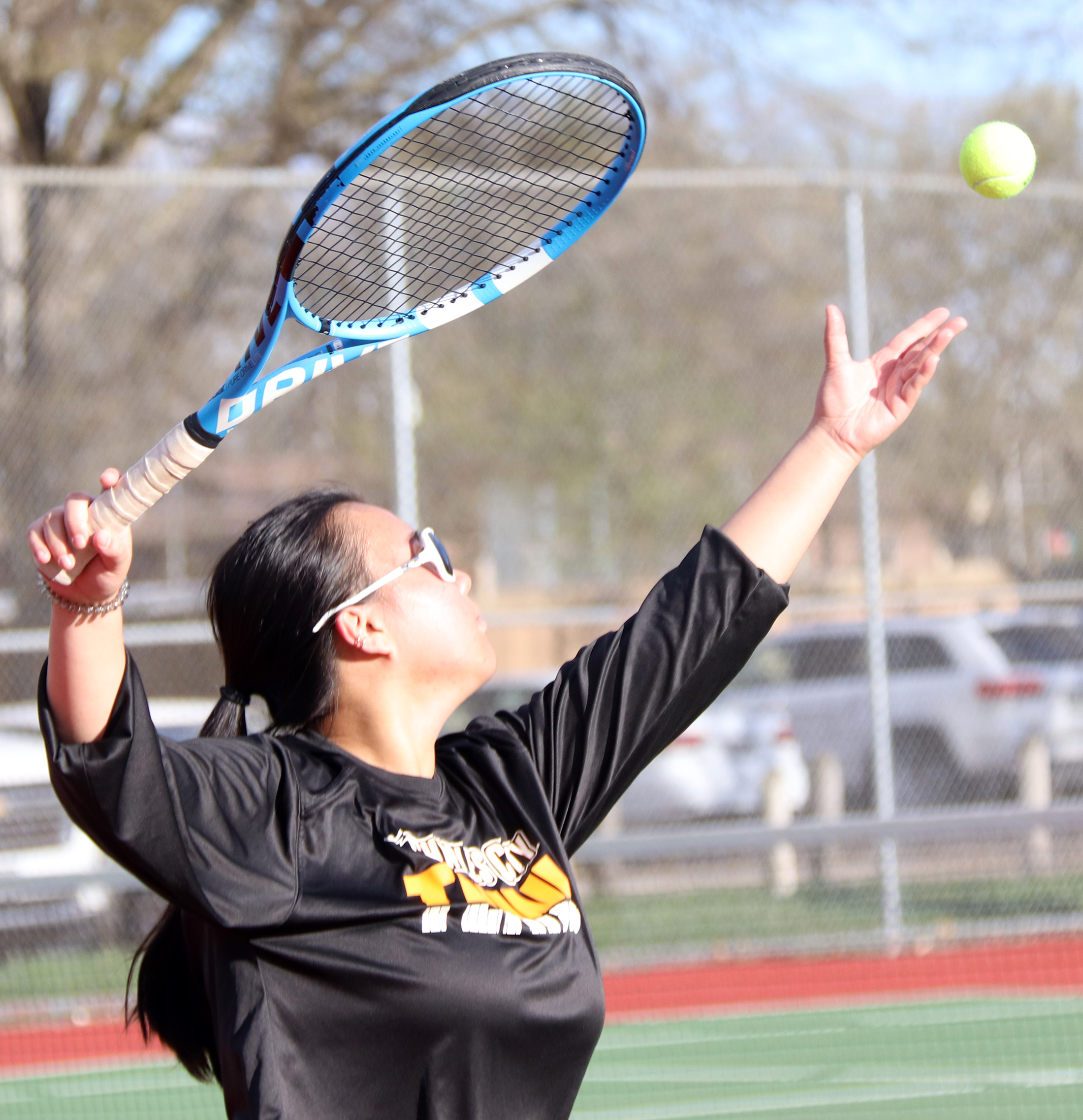
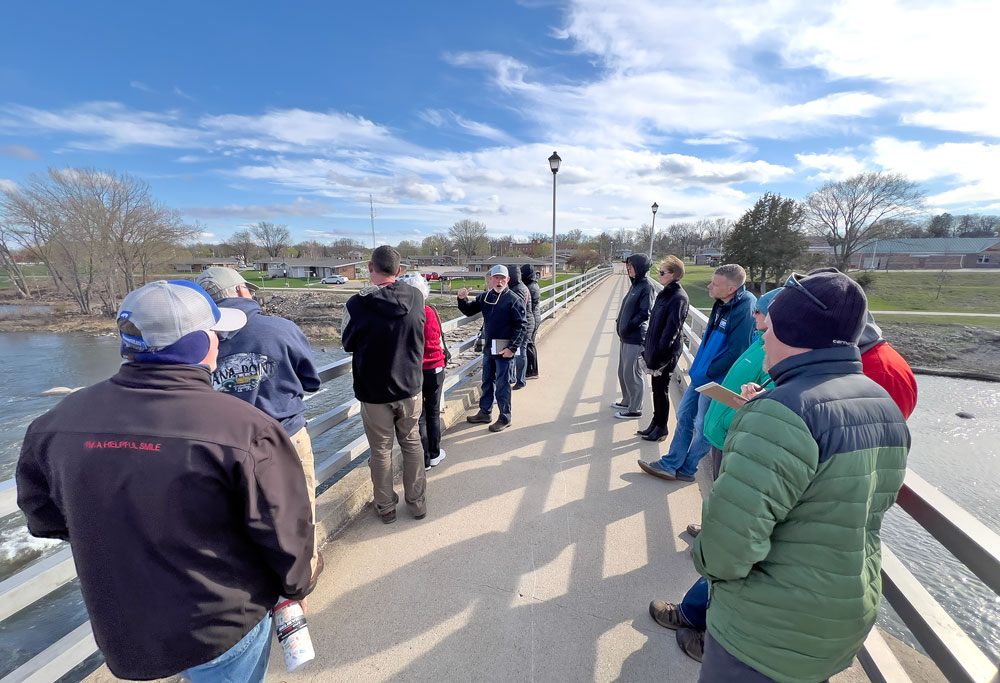
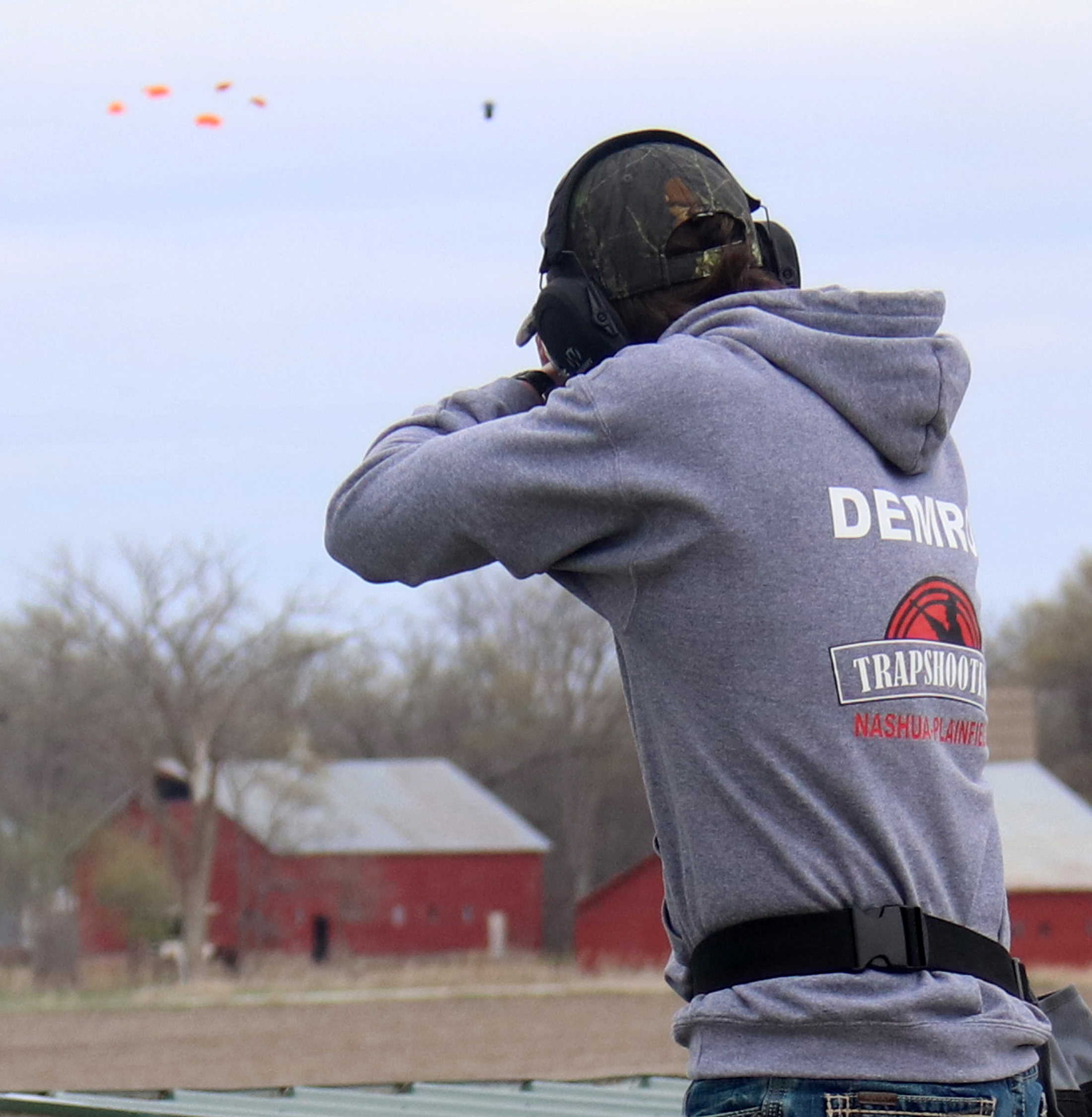
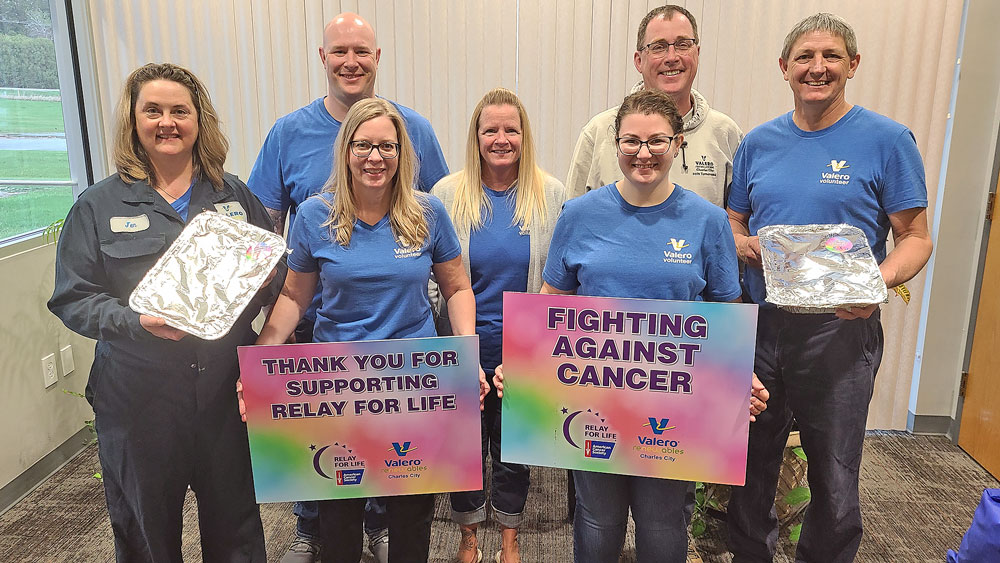


Social Share